First Home Loan Deposit Scheme could cost young Australians thousands extra
Young Victorians who cash-in on the First Home Loan Deposit Scheme could “fork out thousands of dollars more each year”. Here’s what you need to know.
First-home buyers who secure a place in the federal government’s home loan deposit scheme could be slugged with higher monthly repayments and unmanageable extra fees.
This is the finding of industry experts, who say the First Home Loan Deposit Scheme extension “comes at a cost” to many of the 10,0000 young Australians eligible for latest rollout announced in the Federal Budget.
InfoChoice chief executive Vadim Taube said young buyers would “fork out thousands of dollars more each year” under the Morrison Government scheme.
RELATED: First Home Loan Deposit Scheme expanded, HomeBuilder untouched
2020 Federal Budget: Property industry laments missed chances
Victoria the Homeowner State: How to rebuild our new-home economy
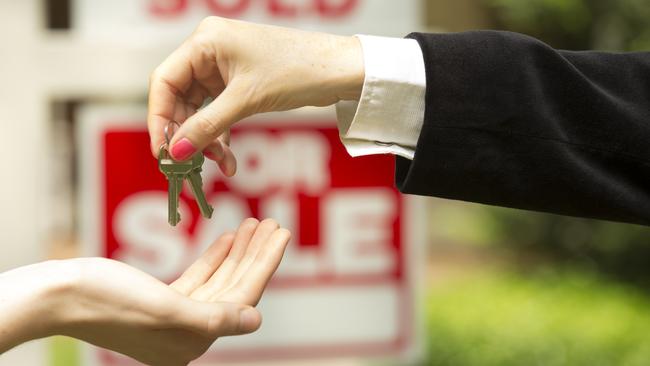
The government guarantee lets first-home buyers break into the property market with a 5 per cent deposit without having to pay expensive lenders’ mortgage insurance.
“A smaller deposit means a higher principal loan amount and, hence, higher monthly repayments,” Mr Taube said.
“Importantly, the cheapest home loan may not be the one from the First Home Loan Deposit Scheme lenders.”
He said an extra 10,000 spots was a “drop in the ocean” compared to about 100,000 Australians who bought their first home every year.
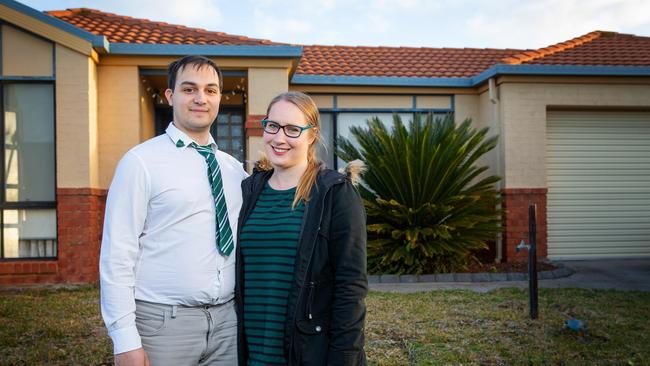
“(The scheme) will have a marginal impact on making first-home ownership easier,” he said.
Tuesday’s budget announcement revealed Victorians who take up the latest rollout had an increased price cap of $850,000, but could only invest in a new home.
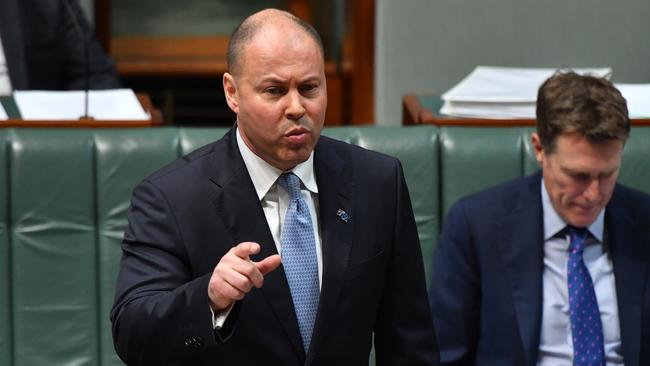
Real Estate Buyers Agents Association president Cate Bakos said first-home buyers should beware that new homes, which included off-the-plan apartments, were traditionally unprofitable long-term investments.
“The scheme precludes (first-home buyers) from older-style properties that usually see stronger land value and capital growth,” Ms Bakos said.
“It confines them to brand-new high rises if they want to live in an established inner area.
“It also means they might be signing up for very expensive owners corporation fees.”
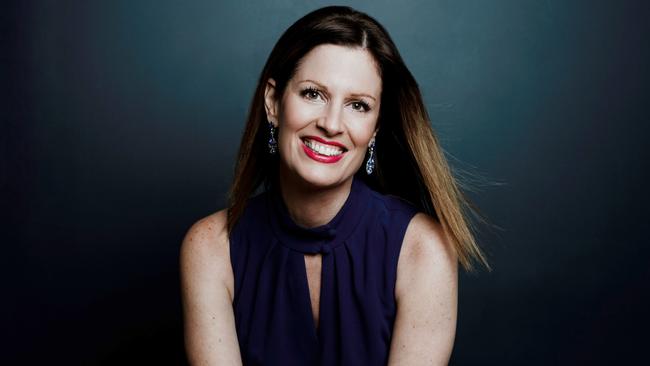
She said new high-rises charged “up to $5000” a year in body corporation fees, which was well above the typical $1500 annual bill at an older unit.
Ms Bakos was “disappointed for first-home buyers” that new cash grants and other incentives were not included in the Federal Budget.
Architstar chief economist Dr Andrew Wilson said the extension was welcomed by the residential building industry.
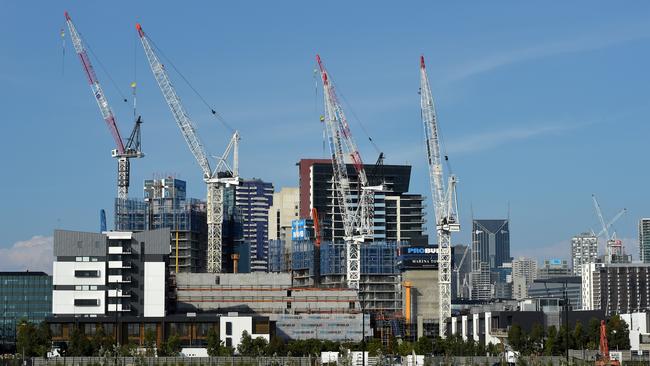
“Building approvals for houses are now at the highest monthly level since January 2019, seasonally adjusted,” Dr Wilson said.
ME Bank head of home loans Andrew Bartolo said it made “economic sense” to encourage first-home buyers to take a step on the property ladder.
“The initiative has the potential to add more housing stock to the market and improve housing affordability,” Mr Bartolo said.
He had seen a spike in first-home buyer activity as interest rates and investor activity fell, coupled with the coronavirus-driven downturn.
READ MORE: Kew dream home with ultimate home office for sale
Kickstart Victoria: Real Estate experts’ big ideas to get market moving
Kickstart Victoria: State’s real estate market ready to recover after coronavirus
Originally published as First Home Loan Deposit Scheme could cost young Australians thousands extra
